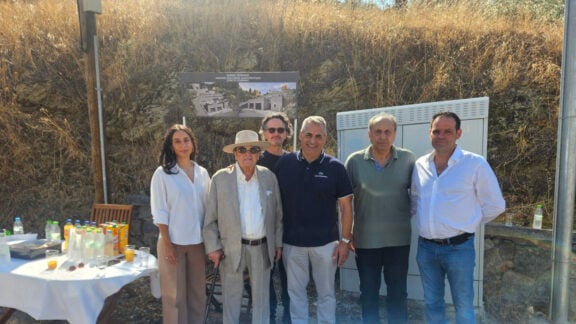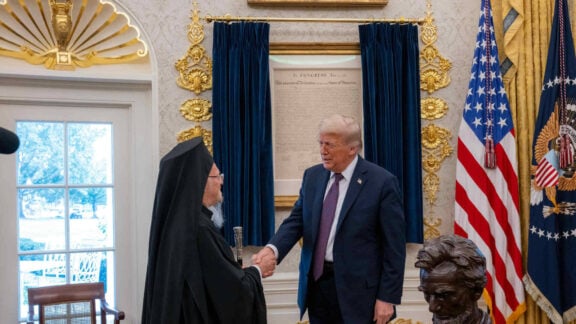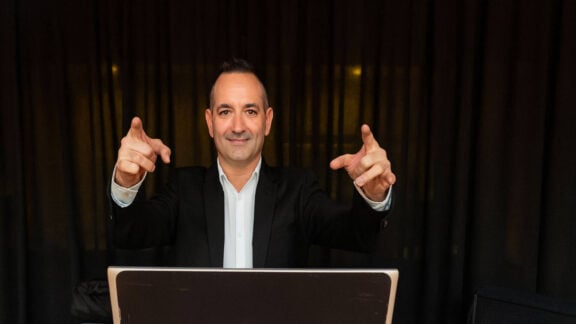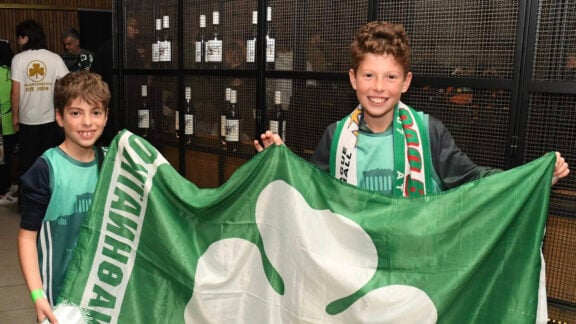A multicultural population is one of the best things about our nation, but it can also present many challenges. An important component of our education system is teaching children to respect and interact with other cultures in positive ways, but in fact appreciating their own culture is just as vital.
For many of us with Greek backgrounds, the desire to continue our culture is strong. It’s instinctual and something that connects us with others in the diaspora. More than ever, families are busy juggling multiple commitments. There is not much free time in between work and school hours, attending sports and other hobbies, and social commitments with family and friends.
How important is it for my children to connect to their Greek heritage? This is a question that parents need to ask themselves regularly. For those who want their children to celebrate their Greek heritage, activities that reflect this goal need to be prioritised.
Scheduling time in the family’s weekly agenda for Greek lessons, learning Greek dancing, attending family events by Greek organisations, or arranging play dates with other Greek children, will feature prominently and not get pushed aside when other activities present themselves.
One of the positive implications to emerge from Greece’s economic crisis has been the influx of new Greek immigrants to Australia. Their arrival has emphasised some of the wonderful Greek traditions we are losing in Australia, such as the celebration of name days. And now with Pascha approaching, we are reminded of seasonal events in Greece such as Tsikno Pempti and Apokries. It was only this year that I attended my first Apokries party hosted by a newly-arrived Greek family. Everyone got dressed in fancy costumes and wonderful memories were created. Befriending new immigrants and taking part in such activities helps children to learn about current Greek traditions.
An obvious way of helping kids to connect to their heritage is through teaching them Greek. There are many opportunities for children to be introduced to the language, from online resources that offer Greek lessons designed for kids of all ages, attending Greek school on weekends (or hiring a Greek tutor).
This investment will reap many rewards, especially when children visit Greece and can communicate with the people they encounter there – newfound friends and relatives. My Greek school days are among some of my fondest childhood memories. Those friendships I formed I still have today, and we often reminisce about the cheeky antics we got up to.
I presented copies of my book Catch that Cat! at the Greek Independence Day celebrations to the first year class learning Greek at the Gold Coast Parish of Saint Anna. The children proudly read out their Greek poems, albeit struggling to pronounce some of the words. Acknowledging children’s efforts forms a connection to community which learning the Greek language can promote.
It’s why campaigns such as We Speak Greek in March are so important to continue.
The Greek vocabulary is so rich and used in English words – Mr Portokolos from the Big Fat Greek Wedding movies is not so far wrong – the Greek root is apparent in mathematics, philosophy, literature, science and art.
Don’t underestimate media in facilitating the Greek connection. Watching Greek programs such as on Meraki TV or watching children’s programs on YouTube are free and easily accessible resources. Listening to Greek music is also a fantastic way of introducing new Greek vocabulary. I love to play pepper966.gr in the background.
It is a special gift for our kids to share their culture openly with their peers, and then, in turn, be curious about the cultures of other children. The subtle ways of introducing other families to Greek culture, such as sharing traditional Greek food or inviting them along to a local Greek festival, help us communicate: ‘We’re Greek, and proud of it!’
* This article is part of a monthly series where author Melina Mallos will address issues relating to what it means for children to feel Greek in Australia today, and ways the adults in their lives can facilitate the process. Her book for children, Catch that Cat!, is a tool for helping children 3-8 years learn about Greek culture, people and places. It is available for purchase online at www.catchthatcat.com





